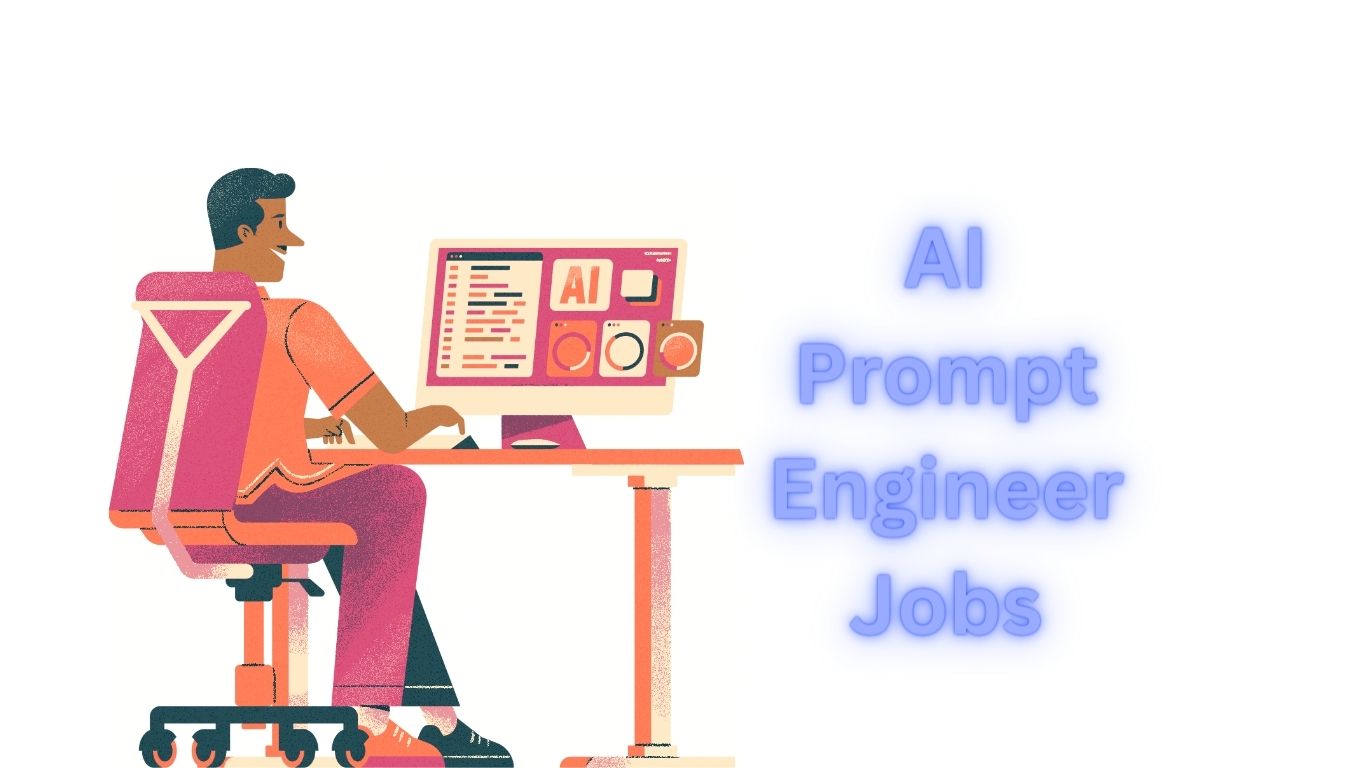Artificial Intelligence (AI) is revolutionizing industries, automating tasks, and reshaping the workforce. While this transformation offers efficiency and innovation, it also raises concerns about job displacement. If you’ve ever wondered, “Is my job safe from AI?” this blog will help you understand the evolving landscape and provide actionable strategies to stay ahead.
Jobs Already Impacted by AI
AI has already replaced roles that rely on repetitive tasks and data analysis. These roles include:
- Automated Customer Support
- Stock Trading Algorithms
- Facial Recognition Systems
- Spam Detection
- Recommendation Systems
- Manufacturing Automation
- Quality Control in Production
- Voice Assistants
- Content Moderation on Social Media
- Autonomous Delivery Drones
Jobs at Risk of Being Replaced by AI
Several roles are on the brink of AI takeover, especially those involving pattern recognition and data-driven decision-making:
- Healthcare Diagnostics
- Legal Document Review
- Personalized Learning
- Real Estate Appraisal
- Talent Acquisition
- Supply Chain Management
- Smart Home Automation
- Investment Management
- Cybersecurity Systems
- Precision Agriculture
- Energy Optimization
- Mental Health Chatbots
- Automated Journalism
- Travel Services
- Retail Management
- Insurance Risk Assessment
- Event Coordination
- Fitness Apps
- Traffic Optimization
- Emergency Response
Strategies to Adapt
To future-proof your career in an AI-driven world, adopt these strategies:
1. Understand the AI Landscape
- Stay updated on AI trends and advancements.
- Read industry reports, tech news, and research.
- Join online forums and communities discussing AI’s impact.
2. Diversify Career Options
- Explore industries where human judgment is irreplaceable.
- Research sectors least affected by AI adoption.
- Look for hybrid roles combining human and AI capabilities.
3. Upskill and Reskill
- Identify emerging skills that complement AI technologies.
- Enroll in short courses or certifications in AI-related fields.
- Develop soft skills like creativity, empathy, and critical thinking.
4. Network Strategically
- Connect with industry professionals through LinkedIn or local events.
- Attend webinars, workshops, and conferences to stay informed.
- Build relationships that can open new opportunities.
5. Embrace Lifelong Learning
- Commit to continuous professional development.
- Regularly update your knowledge with new tools and technologies.
- Invest in certifications to remain competitive.
6. Innovate and Adapt
- Stay flexible and open to change.
- Experiment with new methods to improve productivity.
- Welcome feedback from peers and mentors.
7. Explore Freelance or Gig Work
- Consider freelancing for its flexibility and variety.
- Use platforms like Upwork or Fiverr to find gigs.
- Showcase your skills with a strong portfolio.
8. Prioritize Mental Well-being
- Take care of your mental health through self-care routines.
- Engage in activities that reduce stress and foster joy.
- Reach out to friends, family, or professionals when needed.
Also Read: AI Job Search Tools Every Job Seeker Needs in 2025
Key Job Categories and AI Impact
| Category | Jobs Impacted Now | Jobs at Risk Soon |
|---|---|---|
| Customer Support | Automated responses | AI chatbots for counseling |
| Healthcare | None | Diagnostics and prescriptions |
| Education | None | Personalized learning platforms |
| Retail | Recommender systems | Inventory and staff management |
| Finance | Stock trading algorithms | Investment and risk assessment |
Conclusion
AI’s influence on the job market is undeniable, but it doesn’t spell doom for your career. By staying informed, diversifying skills, and adapting to new roles, you can secure your place in the AI-driven future. Remember, innovation and human creativity remain indispensable. Prepare today for a resilient tomorrow!



